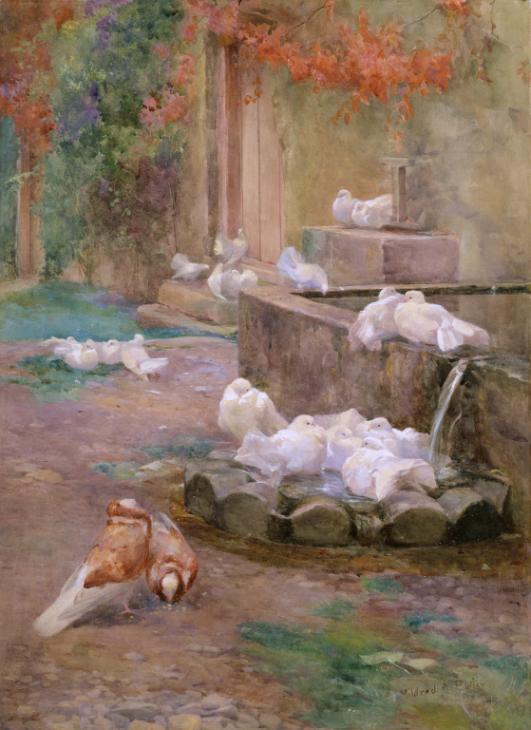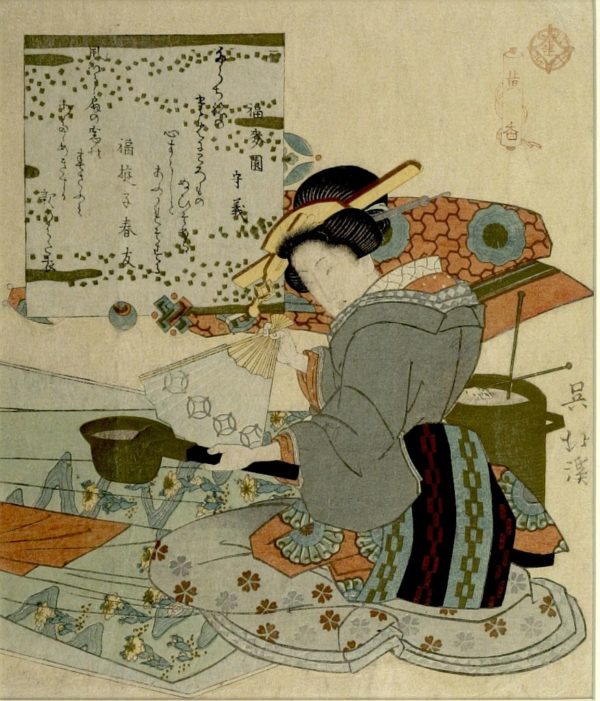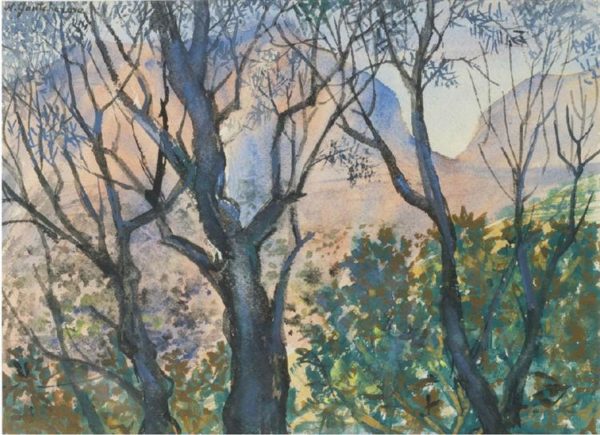When we discover the Buddha that we are, we realize that everything and everyone is Buddha. … When we regard thoughts and emotions with humor and openness, that’s how we perceive the universe.
even afkoelen
Everyone is looking for someone to blame, and therefore aggression and neurosis keep expanding. Instead, pause and look at what’s happening with you. When you hold on so tightly to your view of what they did, you get hooked. Your own self-righteousness causes you to get all worked up and to suffer. So work on cooling that reactivity rather than escalating it. This approach reduces suffering – yours and everyone else’s.
onvoorwaardelijke vriendschap
De eerste stap is een onvoorwaardelijke vriendschap met jezelf te sluiten. Onvoorwaardelijke vriendschap betekent open blijven als je je wilt afsluiten, wanneer het gewoon te pijnlijk, te beschamend, te ongemakkelijk is wat je in jezelf ziet.
op avontuur in het onbekende
“Meditatie is een uitnodiging om erop te letten wanneer we onze grens bereiken en om ons niet te laten meeslepen door hoop en angst. … Het bereiken van onze grens is … een teken van gezondheid dat we bij het bereiken van de plaats waar we op het punt staan te sterven, bang worden en beginnen te beven. Een ander teken van gezondheid is dat we ons niet door onze angst en beven van de wijs laten brengen, maar dat we dit als een signaal opvatten dat het tijd wordt om onze strijd te staken en rechtstreeks te kijken naar wat ons bedreigt.
Gevoelens als teleurstelling en ongerustheid zijn signalen die ons vertellen dat we op het punt staan onbekend terrein te betreden. … De spirituele reis houdt in dat je hoop en vrees overwint en onbekend terrein betreedt, voortdurend op de weg vooruit. Het belangrijkste aspect van het spirituele pad is misschien wel dat je in beweging blijft. …
pema chödrön
Pema Chödrön was born Deirdre Blomfield-Brown in 1936, in New York City. She attended Miss Porter’s School in Connecticut and graduated from the University of California at Berkeley. She taught as an elementary school teacher for many years in both New Mexico and California. Pema has two children and three grandchildren.
While in her mid-thirties, Pema traveled to the French Alps and encountered Lama Chime Rinpoche, with whom she studied for several years. She became a novice nun in 1974 while studying with Lama Chime in London. His Holiness the Sixteenth Karmapa came to England at that time, and Pema received her ordination from him.
Pema first met her root teacher, Chögyam Trungpa Rinpoche, in 1972. Lama Chime encouraged her to work with Rinpoche, and it was with him that she ultimately made her most profound connection, studying with him from 1974 until his death in 1987. At the request of the Sixteenth Karmapa, she received the full monastic ordination in the Chinese lineage of Buddhism in 1981 in Hong Kong.
Pema served as the director of Karma Dzong, in Boulder, until moving in 1984 to rural Cape Breton, Nova Scotia to be the director of Gampo Abbey. Chogyam Trungpa Rinpoche asked her to work towards the establishment of a monastery for western monks and nuns.
Pema currently teaches in the United States and Canada and plans for an increased amount of time in solitary retreat under the guidance of Venerable Dzigar Kongtrul Rinpoche.
Pema is interested in helping establish the monastic tradition in the West, as well in continuing her work with Buddhists of all traditions, sharing ideas and teachings. She has written several books: “The Wisdom of No Escape”, “Start Where You Are”, “When Things Fall Apart”, “The Places that Scare You”, “No Time to Lose” and “Practicing Peace in Times of War”, and most recently, “Smile at Fear”. – The Pema Chödrön Foundation
Pema Chödrön has established the Pema Chödrön Foundation and is the principal teacher at Gampo Abbey in Nova Scotia. “It is a popular notion that people choose to live in a monastery to escape or hide from the world,” Pema says about life at Gampo Abbey, “In reality, the intensity and simplicity of abbey life demand that we become more intimately involved with life, a life not driven by personal concerns or habitual patterns. Life at the abbey is very earthy and very full.” – dakinipower.com



